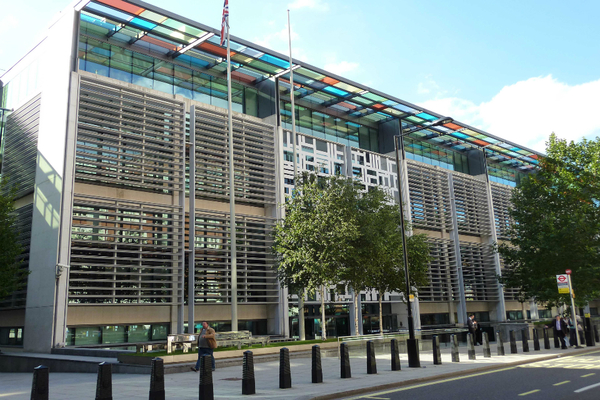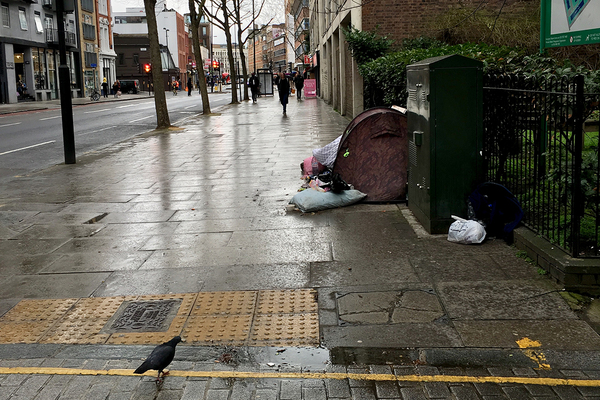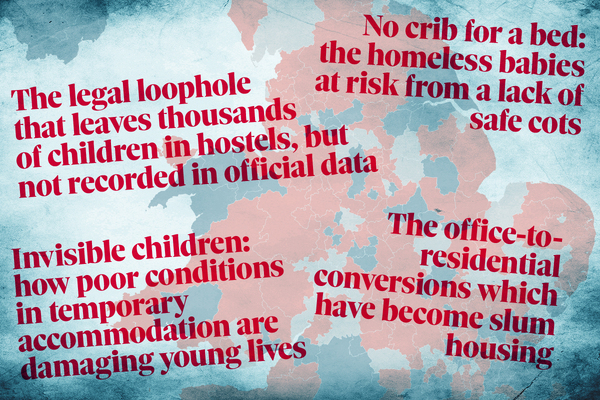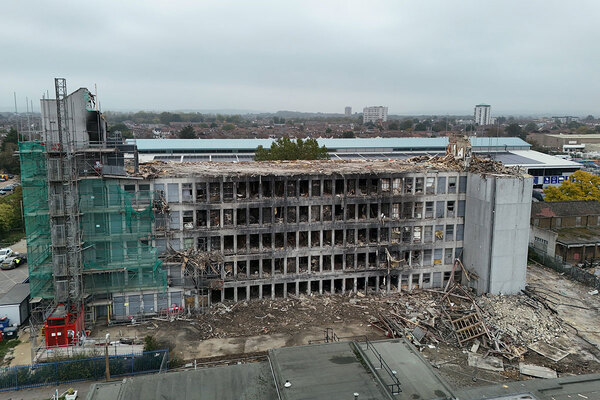You are viewing 1 of your 1 free articles
Home Office reverses asylum change after rise in refugee homelessness
The Home Office has reversed a change to asylum support after councils said it contributed to a sharp rise in the number of homeless refugees.
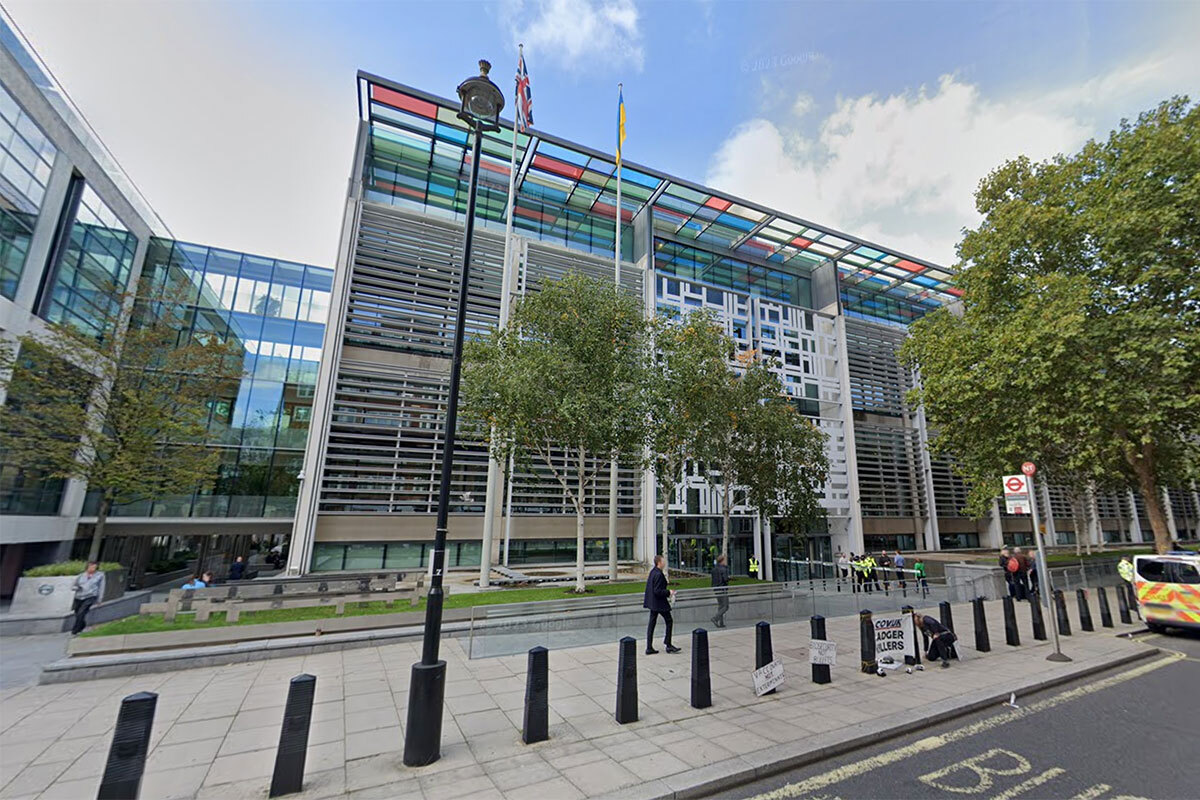
Homelessness charities welcomed the government’s climb-down over its decision in August to bring the cut-off date for asylum accommodation forward. This effectively gave people granted the right to remain in the country seven days’ notice to leave their accommodation.
Newly recognised refugees will again have 28 days’ notice to leave Home Office accommodation from the time they receive a biometric residence permit, rather than 28 days’ notice from the time their asylum claim was granted.
The choice to cut the notice period was made under former home secretary Suella Braverman and former immigration minister Robert Jenrick with the aim of reducing the asylum backlog and moving people on from hotels.
However, the number of homelessness presentations by refugees and asylum seekers evicted from Home Office accommodation had increased by 39% by October, according to London Councils.
Camden Council reported that more than 40% of people approaching its rough-sleeping service in November had no recourse to public funds.
More than 140 refugee and homelessness organisations, including the Refugee Council and the No Accommodation Network (NACCOM), wrote to the then home secretary in September, saying they had seen a sharp rise in referrals for homelessness support.
The Home Office said the decision was only a temporary measure, although this did not seem to have been communicated when it was announced in August.
Rick Henderson, chief executive of Homeless Link, welcomed the reversal. He said the policy was “deeply damaging, causing rough sleeping to skyrocket and exposing new refugees to the trauma of homelessness”.
He added: “The government has committed to ending rough sleeping by the end of this parliament and yet, for months, we have seen a huge increase in refugees being evicted onto the streets, which is clearly absurd.”
Mr Henderson called for the next government to adopt a “cross-government approach to ending homelessness and to mitigate the risks new refugees face when leaving the asylum system”.
A government spokesperson said: “Once a newly recognised refugee is issued a biometric residence permit, they get 28 days to move on from asylum accommodation.
“Support is also available through Migrant Help [a charity] and their partners, which includes advice on how to access Universal Credit, the labour market and where to get assistance with housing.
“We are working with local authorities to manage the impact of asylum decisions as the legacy backlog reduces.”
Sign up for our homelessness bulletin
Already have an account? Click here to manage your newsletters

